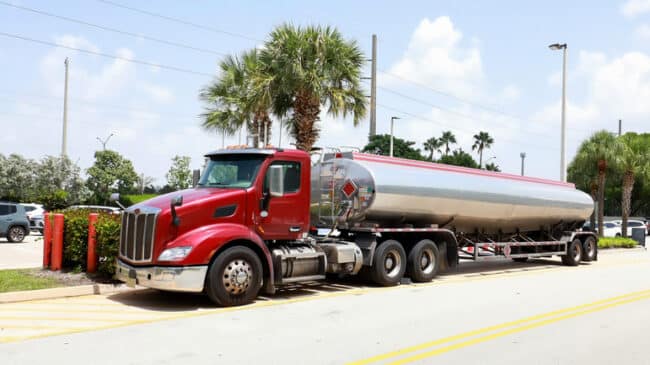As Floridians rebuild and recover from Hurricanes Helene and Milton, the issue of price gouging often captivates politicians and the media. Headlines after both severe storms declared hundreds of alleged price gouging incidents were reported to state officials in Florida and across the Southeast.
Florida law defines price gouging as an “unconscionable” price hike during a declared state of emergency and for what it deems essential goods, including food, water, gasoline and transportation.
Florida Attorney General Ashely Moody’s office says it investigates every price gouging claim, most of which come through a dedicated hotline “activated” in the run-up to each storm where consumers provide tips. Businesses can be slapped with a misdemeanor and fines of up to $1,000 per act and $25,000 daily.
The idea of charging high prices to desperate consumers evokes anger in many, but most economists warn against price controls even in the face of potentially large hikes after a disaster. While not unanimous, economists’ prevailing view is that government price controls create new problems while trying to solve what is really no problem at all. Shortages of essential items, such as gasoline, are made worse, not to mention longer, by reducing sellers’ incentives to rush the product to affected areas.
In an October National Public Radio report, NPR chief economics correspondent Scott Horsley noted, “Both Florida and North Carolina have laws on the books that prohibit price gouging during times of emergency. But, you know, it can be tricky to draw the line between illegal price gouging and just the normal forces of supply and demand.”
Most economists would respond that they are one and the same. The supply and demand curves indelibly associated with economics explain this intuition quite elegantly, making the example of price gouging after a hurricane a mainstay of economics textbooks. Higher prices increase incentives to supply goods and end the shortage faster.
However, economists remain frustrated that their broad agreement often fails to impact politics or popular opinion. Florida and more than 30 other states have laws against price gouging. And, the recent hurricanes made the term a useful attack for any price increases politicians want to position themselves against.
We often spend so much time debating the idea of price gouging that we forget to ask what the fuss is about. States no doubt receive tips revealing some amount of consumer exploitation and other unsavory business practices. Considering how much we hear from politicians and media about the practice during emergencies and their recoveries, we hear little about the hundreds of misdemeanor investigations after storms have passed. The few specifics on consumer complaints we hear don’t look like the textbook case we debate.
In the wake of Helene, media outlets reviewed limited samples of the complaints from Floridians, most from the areas hardest hit by storm-surge flooding. It turns out most of the gouging complaints related to fuel and occurred before the disaster rather than after. Maybe there were complaints of gas stations selling at high prices, but the state has reported none. Instead, complaints focused on gas stations being out of fuel — up to 75% of gas stations in these areas were sold out of gasoline before Milton hit.
Examples of actual allegations included a seller only leaving his premium pump on before storms and another of a 10-cent price increase. As a whole, consumer complaints appear more the product of chaos, frustration and, most importantly, many gas stations in storm areas being sold out of fuel.
In early October, Florida Attorney General Ashley Moody reported a “rapid response team” investigating 160 consumer complaints. In late October, the office’s website remained emblazoned with a red banner reading, “STATE OF EMERGENCY IN EFFECT. REPORT POSSIBLE PRICE GOUGING.”
There is no evidence that the resources put into hotlines and investigations during the most serious of emergencies ensnare anything more than angry consumers looking for sellers with any stock. In effect, the current system is taking in mostly reports of too little price gouging, leading to shortages, than too much of it.
So, while politicians love to talk about price gouging to rile up voters, there is scant evidence of anything like price gouging, even in Florida after severe hurricanes. One of us was here in Sarasota through both Helene and Milton and did not witness any gouging — places that ran out of things charged normal prices once they got resupplied.
The government waste and media overhype might be cause for amusement were they not occupying significant resources and far more than their share of public attention when everything and everyone is stretched to the limit. One struggles to find benefits from state anti-price gouging laws like Florida’s other than false badges of honor sought by those enforcing the law.
A version of this column first appeared in the Sarasota Observer.


